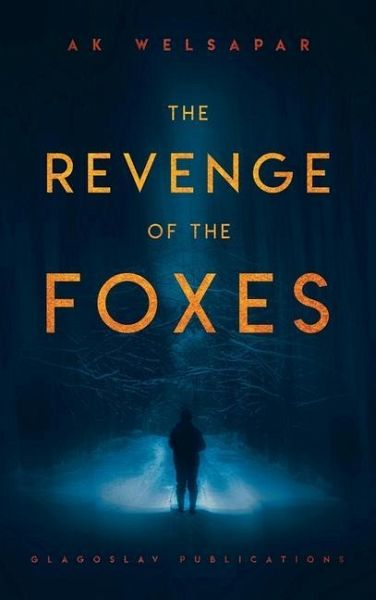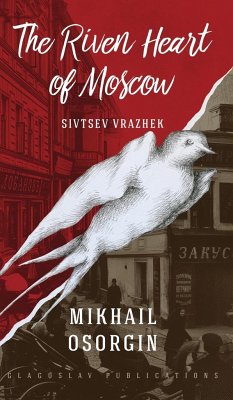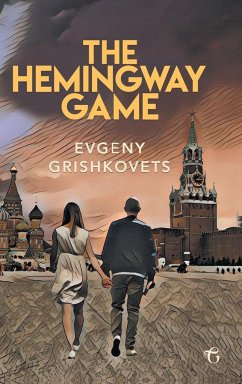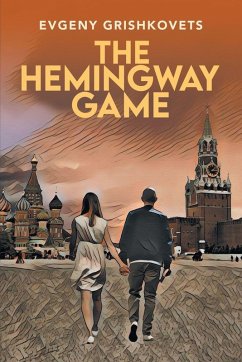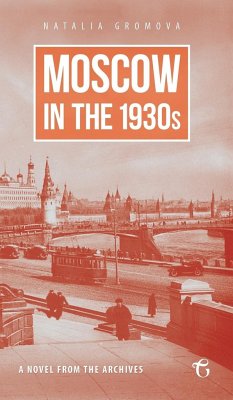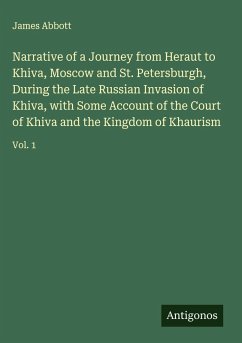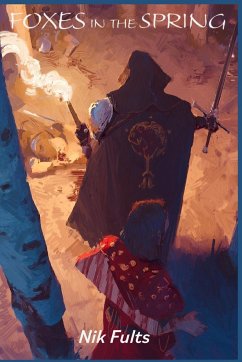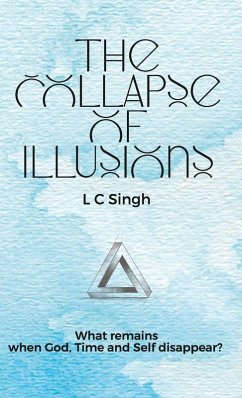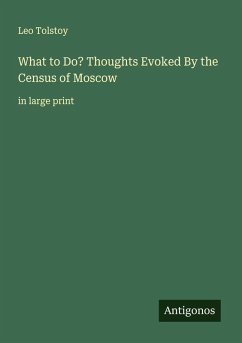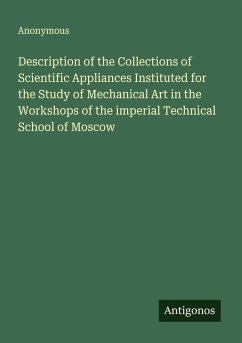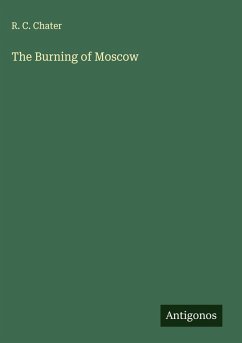Ak Welsapar was born in 1956 in the former Soviet Republic of Turkmenistan. He received his Master's degree in Journalism from Lomonosov Moscow State University in 1979. In 1987, Ak Welsapar became a member of the Soviet Writers' Association and received his second Master's degree in Literary Theory from the Maxim Gorky Literature Institute in 1989. In 1993, after spending a year under house arrest, he was excluded from the Writers' Association following the publication of some investigative articles about colossal ecological problems in Central Asia, mostly caused by the overuse of pesticides needed for cotton production. The consequences of this were terrible and even resulted in the Aral Sea drying up. The regime in Turkmenistan declared Ak Welsapar a "public enemy", and the persecution that he faced began again, with redoubled force. There was a ban on publishing works written by him, whilst his published books were confiscated from bookstores and libraries, to be burnt. To avoid unjust imprisonment and the persecution of his family, Ak Welsapar eventually left Turkmenistan in 1993. He and his family have now been residents of Sweden since 1994, where he is a member of the Swedish Writers' Association. He has also been an honorary member of the International PEN-Club since 1993. Ak Welsapar writes in Russian, Turkmen and Swedish. Ak Welsapar has contributed articles to such journals and newspapers as Literaturnaya Gazeta, Druzhba Narodov, Soviet Culture, The Washington Post, and many others. He is the author of more than 20 books but he made his debut as the author of the poetry anthologies Which of Us will Dive Deepest? (1982) and The First Drop (1983). His novel The Melon Head (1984) was awarded a prize in a Turkmen national literature competition. In 2012, The Union of Writers of Russia awarded Ak Welsapar the Sergei Yesenin literary prize. He also received the Nikolai Gogol prize for his book of short stories from the Writers' Union of Ukraine in 2014. Most of his novels are banned in Turkmenistan, including, to name but a few: A Long Journey to Nearby (1988), This Darkness Is Brighter (1989), The Bent Sword Hanging on the Old Carpet (1990), Mulli Tahir (1992), The Cobra (2003), The Tale of Aypi (2012). Ak Welsapar is still a proscribed writer in Turkmenistan and his name has been in the list of black-listed writers since 1990.
